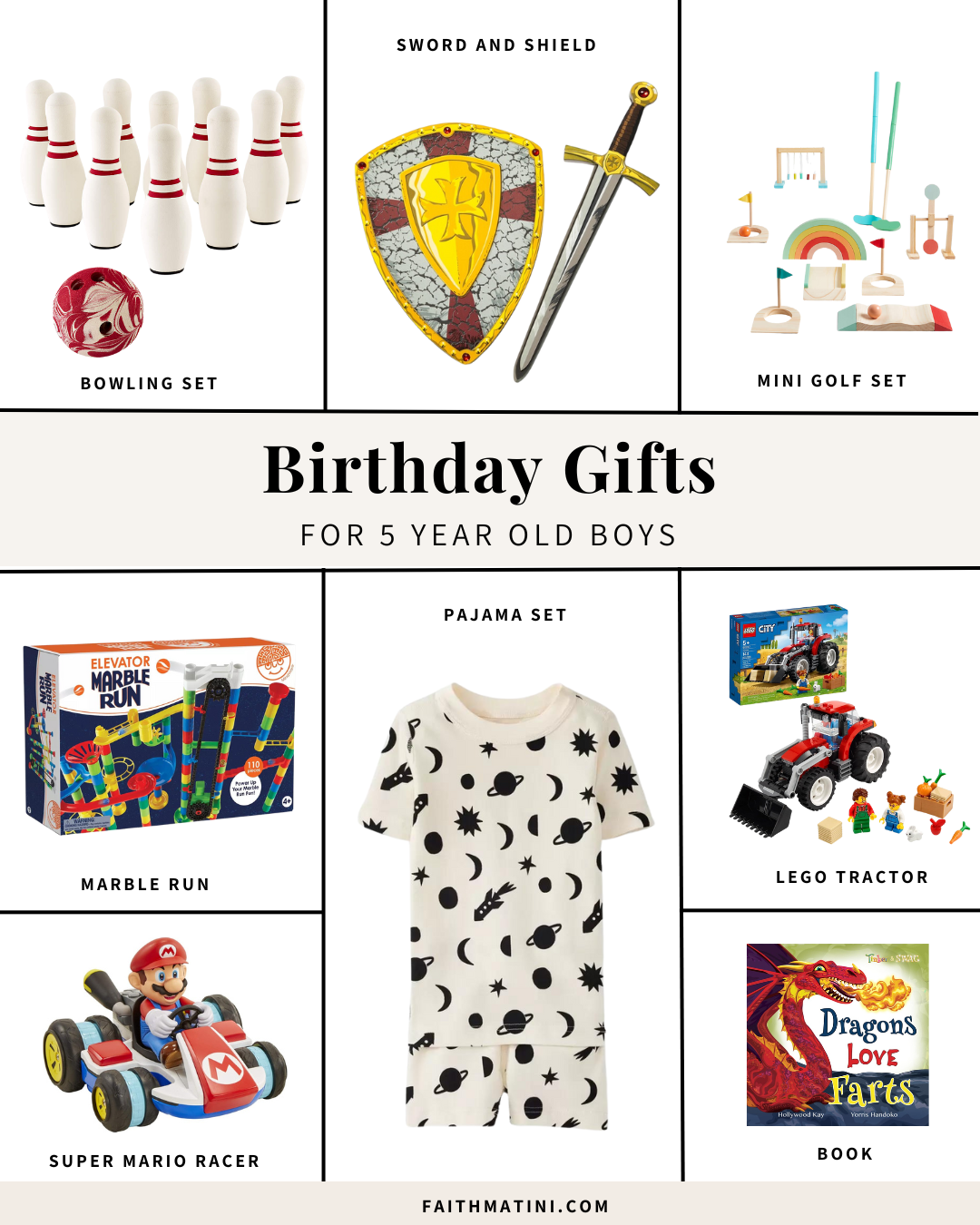In the dark corners of relationships, where love should flourish and hearts should be nurtured, there exists a sinister force that lingers like a ghostly presence. It whispers poisonous words, shatters dreams, and leaves scars that are invisible to the naked eye but etched deep within the soul. This force is emotional abuse, a silent predator that preys on the vulnerability of the human spirit.
Imagine a delicate flower, once vibrant and radiant, now withering under the weight of invisible chains. Its petals, once reaching for the sunlight of love and happiness, have wilted in the shadows of manipulation and control. Emotional abuse, like a relentless storm, tears at the very fabric of a person’s being, leaving behind fragments of shattered self-worth.
It is a dance of contradictions, where smiles mask hidden pain, and laughter conceals the silent tears that stain pillows at night. Emotional abuse does not announce its arrival with a thunderous roar; instead, it tiptoes through the sacred spaces of trust and love, poisoning them with doubt and fear.
Picture a canvas, once vibrant with colors of joy and passion, now smeared with the dark hues of anguish and despair. Emotional abuse is an artist of destruction, painting scars on the heart with every stroke of manipulation and every brush of control. It erodes the essence of one’s identity, replacing it with a distorted reflection of self-doubt.
In the sanctuary of love, where compassion and understanding should thrive, emotional abuse sets up its throne. It bends the will of the innocent, forcing them into a web of confusion and despair. The victim, trapped within this intricate tapestry, loses sight of their own strength and beauty, believing the lies woven by the abuser.
But behind every story of emotional abuse, there lies a flicker of hope, a resilience that refuses to be extinguished. It is within this darkness that the seeds of healing are sown, where the journey to reclaim one’s self begins. By shedding light on the signs of emotional abuse, we empower those who have been silenced, offering them a compass to navigate the treacherous waters of manipulation.
Together, we will unravel the intricate threads of emotional abuse, stitch by stitch, until the tapestry of strength and self-worth is restored. Remember, dear readers, you are not alone in this journey. Your voice is a beacon of courage, and your heart deserves to be bathed in the warmth of genuine love. Let us embark on this transformative path, where healing and liberation await.

What is Emotional Abuse?
Emotional abuse is a devastating form of mistreatment that targets the very core of our emotional well-being. It involves a repetitive and systematic pattern of behaviors intended to exert control, manipulate, and undermine an individual’s sense of self.
Unlike physical abuse, which inflicts visible wounds, emotional abuse operates in the shadows, leaving scars that are hidden beneath the surface.
This insidious form of abuse can infiltrate various relationships, from intimate partnerships to family dynamics and friendships. It thrives on power imbalances, where the abuser seeks to dominate and suppress the emotions, thoughts, and autonomy of the victim.
It is characterized by a range of manipulative tactics, designed to diminish self-esteem, foster dependence, and instill fear.
One of the most challenging aspects of emotional abuse is its subtlety. The abuser may employ tactics that are covert, masked by words and actions that initially appear caring, concerned, or even loving. They exploit vulnerability and trust, gradually eroding the victim’s confidence and sense of self-worth.
Over time, the accumulation of these tactics leads to emotional devastation, leaving the victim feeling trapped, isolated, and stripped of their identity.
The effects of emotional abuse are far-reaching and profound. The constant manipulation, control, and undermining of one’s emotional well-being can lead to a range of psychological and emotional consequences.
Victims may experience persistent feelings of worthlessness, self-doubt, and shame. They may develop anxiety and depression, grappling with a distorted sense of reality and a constant fear of making mistakes or displeasing their abuser.
Moreover, the damage inflicted by emotional abuse can seep into all aspects of life, affecting personal relationships, work performance, and overall quality of life.
It is crucial to recognize emotional abuse for what it is, to break the silence, and to shed light on the darkness that shrouds this form of mistreatment.
By understanding its nature, we empower ourselves to identify the signs and seek the support and resources necessary to break free from its grip. Remember, you are not alone, and your emotional well-being matters. Together, we can heal, rebuild, and create a future filled with love, respect, and genuine happiness.
15 Red Flags: Signs You’re in an Emotionally Abusive Relationship

1. Constant Criticism
One of the signs of being in an emotionally abusive relationship is when your partner consistently puts you down, criticizing your choices, appearance, or abilities. This constant criticism leaves you feeling inadequate and chips away at your self-esteem, causing significant emotional distress.
2. Manipulation
Emotional abusers often resort to manipulation tactics to control and influence your actions, thoughts, and feelings. They use guilt, shame, or threats as tools to manipulate you, leaving you feeling powerless and trapped in the relationship. Their manipulative behavior is aimed at maintaining control and dominance over you.
3. Isolation
Emotional abusers deliberately isolate you from your support networks, including friends, family, and other sources of support. They may discourage or prevent you from maintaining relationships outside of the relationship, creating a sense of dependency on them. This isolation limits your independence and makes it challenging to seek help or escape the abusive situation.
4. Blame Shifting
Instead of taking responsibility for their actions, emotional abusers shift the blame onto you. They refuse to accept accountability for their behavior and consistently make you feel responsible for everything that goes wrong in the relationship. This blame-shifting manipulates your perception and leaves you feeling guilty and at fault for their abusive actions.
5. Gaslighting
Gaslighting is a form of emotional abuse where the abuser distorts your perception of reality. They may deny or twist events, manipulate facts, or question your memory, sanity, or emotions. This psychological manipulation makes you doubt yourself, leaving you feeling confused, insecure, and questioning your own judgment and experiences.
6. Intense jealousy and possessiveness
Emotional abusers often exhibit extreme jealousy and possessiveness. They constantly question your fidelity, monitor your interactions with others, and may try to control who you can or cannot spend time with. Their possessive behavior is a way to exert control and dominance over you, leaving you feeling suffocated and trapped.
7. Intimidation
Emotional abusers use intimidation tactics to instill fear and maintain control. They may resort to threats, angry outbursts, or even physical gestures to intimidate you. This creates a climate of fear, ensuring compliance with their demands and silencing your voice.
8. Withholding Affection
Emotional abusers withhold affection, intimacy, or emotional support as a means of punishment or control. They may use the withdrawal of love and affection as a way to manipulate your behavior or to make you feel undeserving of love, leaving you feeling emotionally starved and unloved.
9. Financial Control
A common tactic of emotional abusers is exerting control over your finances. They may limit your access to money, control your spending, or prevent you from having financial independence. This financial control creates a power dynamic where you become financially dependent on the abuser, making it more challenging for you to leave the relationship.
10. Humiliation and public embarrassment
Emotional abusers belittle, humiliate, or insult you in front of others. They may use public embarrassment as a way to assert dominance and control over you, damaging your self-esteem and self-confidence. This humiliation leaves you feeling ashamed, small, and unworthy.
11. Emotional distancing
Emotional abusers consistently withdraw emotionally, giving you the silent treatment or refusing to engage in meaningful conversations. This emotional distancing creates a sense of isolation and unavailability, leaving you feeling unloved, unheard, and emotionally disconnected within the relationship.
12. Unrealistic expectations
Emotional abusers often set unrealistic expectations for you, constantly demanding perfection. They create an atmosphere where you feel like you can never measure up to their standards, leading to feelings of inadequacy and self-doubt. This constant pressure to meet unattainable expectations leaves you feeling constantly on edge and unable to find peace within yourself.
13. Invasion of privacy
Emotional abusers invade your personal boundaries by going through your personal belongings, constantly monitoring your online activities, or intruding into your private space without your consent. This invasion of privacy is a way to assert control and undermine your sense of autonomy, leaving you feeling violated and stripped of your personal space.
14. Invalidating your emotions
Emotional abusers dismiss or minimize your emotions, making you question the validity of your feelings and needs. They may belittle or ridicule your emotions, leaving you feeling unheard, invalidated, and confused about your own emotional experiences. This invalidation undermines your self-confidence and sense of self-worth.
15. Threats of violence or self-harm
In some cases, emotional abusers may resort to threats of violence towards you, your children, or themselves as a way to maintain control and instill fear. These threats create an atmosphere of fear and manipulation, making it difficult for you to leave the abusive relationship or seek help.
What to Do About Emotional Abuse

Recognizing that you are in an emotionally abusive relationship is the first step towards regaining control of your life and finding happiness. Here are some actionable steps to help you navigate this challenging situation:
- Trust your instincts: Acknowledge your feelings and trust your gut. If something doesn’t feel right, it probably isn’t.
- Reach out for support: Confide in a trusted friend, family member, or counselor who can provide emotional support and guidance.
- Educate yourself: Learn more about emotional abuse, its effects, and available resources. Knowledge is power.
- Create a safety plan: If you fear for your safety or the safety of your children, develop a safety plan with the help of a professional.
- Build a support network: Surround yourself with positive, understanding people who uplift you and offer a safe space.
- Seek professional help: Consider therapy or counseling to help you heal from the emotional trauma and develop healthy relationship patterns.
- Set boundaries: Clearly define your boundaries and communicate them to your partner. If they are unwilling to respect them, it may be time to consider leaving the relationship.
- Document the abuse: Keep a record of incidents, including dates, descriptions, and any supporting evidence. This can be crucial if legal action becomes necessary.
- Develop an exit strategy: If you decide to leave the relationship, plan your exit carefully, ensuring your safety and the well-being of your children.
- Remember self-care: Prioritize self-care activities that promote your emotional, physical, and mental well-being. Engage in hobbies, exercise, meditate, or seek solace in activities that bring you joy.
Wrapping Up…
In conclusion, recognizing the signs of emotional abuse is crucial for safeguarding our well-being and reclaiming our lives from the clutches of manipulation, control, and degradation. Emotional abuse, though often hidden beneath layers of complexity, has profound and long-lasting effects on our self-esteem, mental health, and overall sense of self-worth.
By shedding light on the insidious nature of emotional abuse, we empower ourselves to break free from its grip. It is essential to remember that we are not alone in our struggles and that support and resources are available to help us navigate the challenging journey of healing and recovery.
If you recognize any of the signs mentioned in this blog post resonating with your own experiences, it is crucial to reach out for help. Share your concerns with a trusted friend, family member, or professional who can offer guidance and support. Remember, you deserve to be treated with respect, kindness, and love.
Healing from emotional abuse requires strength and resilience, but it is possible. Surround yourself with a network of support, engage in self-care practices, and consider seeking therapy or counseling to help you process the trauma and rebuild your sense of self. You are worthy of a healthy and fulfilling life, free from the shackles of emotional abuse.
Together, let us stand strong, raise awareness, and create a world where emotional abuse is recognized, condemned, and eradicated. Let us break the silence, reclaim our power, and pave the way for a future where love, kindness, and compassion prevail in all our relationships.

15 Warning Signs of Emotional Abuse: How to Recognize the Red Flags

Jun 23, 2023
More Posts You'll Love
30 Day Self-Care Challenge
free download!
It's time to prioritize you, mama! Dive into our 30-Day Self-Care Challenge, a tailor-made journey to fit your hectic life.
@ FAITH MATINI 2021 All Rights Reserved
TERMS + PRIVACY
Faith Matini is a participant in the Amazon Services LLC Associates Program, an affiliate advertising program designed to provide a means for sites to earn advertising fees by advertising and linking to Amazon.com.





